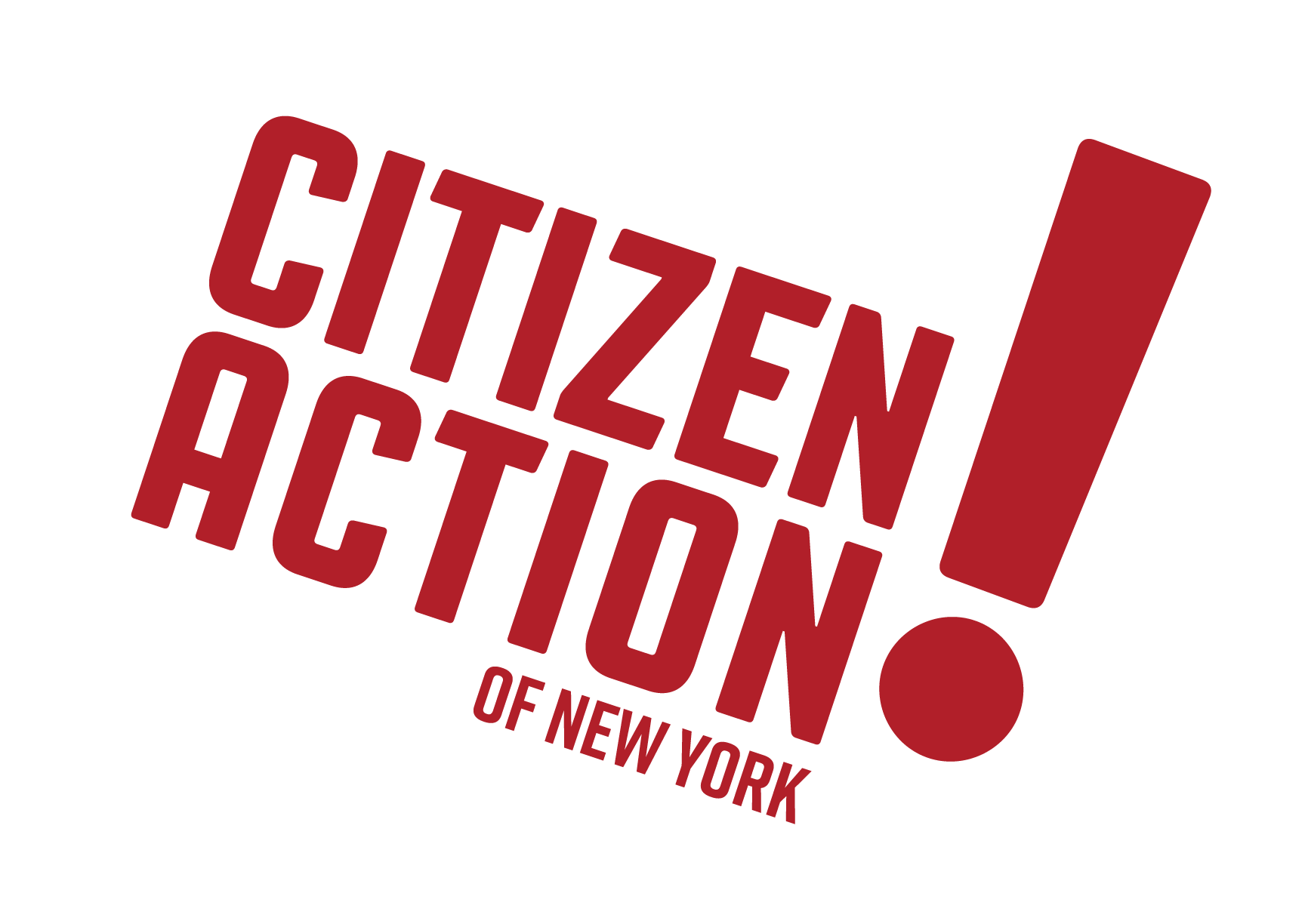 On November 7, 2009, the United States House of Representatives passed their health care bill. After struggling for reform for nearly the entire 20th century, we–the ones who faced vicious attacks and often physical intimidation–witnessed affirmation of what Dr. Martin Luther King called the “moral-arc of the universe…[bending] towards justice.” For those who kept envisioned a more just and prosperous society, and many who are nameless to us, we are just weeks from a Senate vote on the health care bill. Health care will become a public right, one that cannot be bargained or cheated away by the bottom line of corporations, but available to all citizens as a basic human dignity.
On November 7, 2009, the United States House of Representatives passed their health care bill. After struggling for reform for nearly the entire 20th century, we–the ones who faced vicious attacks and often physical intimidation–witnessed affirmation of what Dr. Martin Luther King called the “moral-arc of the universe…[bending] towards justice.” For those who kept envisioned a more just and prosperous society, and many who are nameless to us, we are just weeks from a Senate vote on the health care bill. Health care will become a public right, one that cannot be bargained or cheated away by the bottom line of corporations, but available to all citizens as a basic human dignity.
As we get to the final stretch of this fight, let’s take a moment to highlight the major, positive changes that the House and Senate bills would bring, and keep in mind the areas on which there’s still work to be done:
First, a “public exchange” would be created, which would be administered by the federal government. While the exchange will initially be limited to small businesses, the self-employed, and those without insurance from employers, this new bargaining collective would provide important competition, access, and choice.
Second, a host of consumer protections would be enforced to ensure stability, affordability, and access. These protections include the prohibition of price-gouging, of denial of coverage based on gender, of pre-existing conditions, and of coverage limits.
Third, anyone satisfied with their current insurance plan and doctors can carry-on without interruption or interference–aside from the new consumer protections that they now enjoy.
Of course, the bills are not without their weaknesses. Neither bill provides for universal coverage or a robust public option. The House bill would leave about 18 million uninsured while the Senate bill would leave 25 million citizens uninsured. Furthermore, the Senate bill would allow states to opt of the exchange, and Republicans and Joe Lieberman are working to weaken access to the exchange for those states that will adopt the measure.
The structural changes to the health care system would also not come into full effect until 2013 and 2014, and even then, out-of-pocket costs would be prohibitive for low-income families. The proposed subsidies are not sufficient.
Lastly, a last-minute addition to the House bill, referred to as the Stupak amendment, severely limits access to abortions–to the extent that many doubt if abortion coverage would even be available, let alone affordable. The Stupak amendment strips out the Capps Amendment, which requires all insurance plans in the exchange to keep the money from private premiums and the money from government subsidies separate. Only money from private premiums would be allowed to pay for abortions covered under the plans. The Stupak amendment would not only forbid federal dollars for abortions, but it allows insurance plans to separate abortion coverage and offer it as a separate policy. This additional “rider” would be enormously cost prohibitive.
So, my fellow progressives, the work to ensure that the moral arc of the universe benefits all citizens continues. Much more negotiation lies ahead in the Congress. As we take this holiday time to enjoy the warmth of our families, please remember the historical successes of the past year. We hope you will be energized and continue the march that points the moral arc towards justice.
